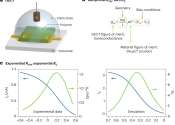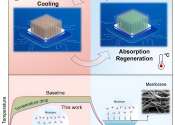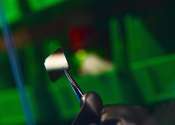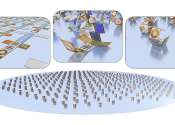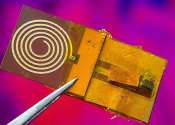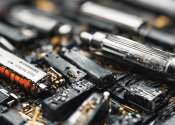Using laptops and similar devices safely on aircraft
The number of incidents involving damaged electronic devices on board aircraft has increased in recent years. Most of these are caused by lithium-ion batteries, which are found in laptops and other portable electronic devices.
Dec 1, 2023
0
2




